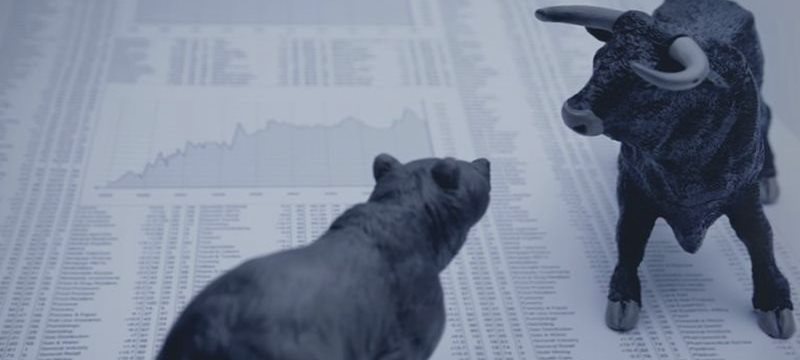But nobody noticed it? Here is the new question from Andrew Lapthorne, head of quantitative equity research at Societe Generale. And he has some thoughts on this subject.
Since the start of July, Lapthorne notes, “high-quality” stocks have been crushing “low-quality” shares across all equity markets, including in the U.S. And SG finds that, historically, that also has been a sign that a bear market is starting, he says.
“When you view the U.S. equity market through the prism of investment-style performance,” Lapthorne told in a new note, “you can see that investors are positioning themselves exactly as you would expect if faced with an economic deceleration.”
His warning may be timely. The Dow Jones Industrial Average, after tumbling again on Friday, is down 1,000 points from its peak in the spring. It’s starting to look like that old adage “sell in May and go away” may have something to it yet again. For example, the yield on 30-year Treasury bonds has plunged by 40 basis points, from 3.25% to 2.83%. Long-term interest rates are usually a strong barometer of the economy. The recent sharp move is certainly a negative sign.
Investors are already worrying about signs of an economic slowdown in China. And after Friday’s strong jobs numbers, they are increasingly factoring in the end of the days of free money. A growing number of economists believe the Federal Reserve is likely to start raising short-term interest rates next month. That’s as Stanley Fischer, the Federal Reserve’s vice chairman, suggested Monday the central bank might wait to raise rates.
Meanwhile, SG points out that the U.S. stock market boom since March 2009 has been the third-strongest since 1900. As the bank’s strategists point out dryly, the only two that were stronger, the ones that ended in 1929 and 1999, indeed did not end happily.
So where does this leave investors?
The real danger here is that U.S. stocks are already somewhere between somewhat pricey and very expensive, based on various historical measures. Expensive stock markets tend to produce sub-par returns over time, almost regardless of what happens in the economy. Cheap markets, by contrast, tend to produce strong returns.
So investors who have high-quality stocks, more stable “value” stocks and a global portfolio will probably have the least to worry about.



